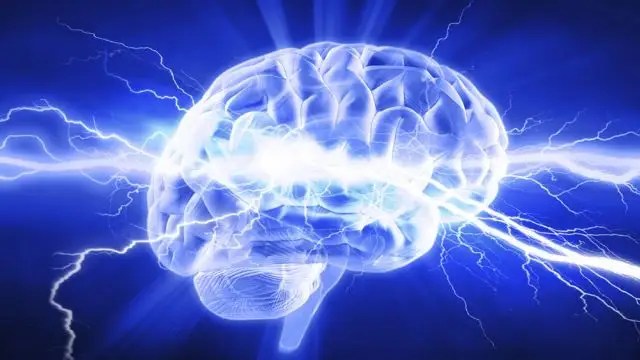While the video below from Michael at Vsauce deals with color, the bigger picture he covers (including what taste, sounds, etc you experience vs what I experience from those same stimuli) is near and dear to my heart. Or, more accurately, my brain.
Before I started my anti-epileptic drugs (AEDs4Life) much of my life was, as I’ve described it, a YouTube video on buffer. Thanks to electrical storms in my brain chunks of my life were gone in 1-5 second intervals. I’d be in a conversation, a class, a meeting, etc. and suddenly things would skip ahead several seconds and continue on as if nothing had happened.
And for me NOTHING DID. This was my normal. It wasn’t until after I started the meds and I had a point of comparison that I realized the world I lived in was very different from the world everyone else lived in. This was brought home by two separate conversations with my sister Cassy and my friend Nora. Each commented that I no longer paused in the middle of sentences. My response was “I WAS DOING THAT?? WHY didn’t anyone tell me!” And the answer: Because you’ve always been like that. I thought you were collecting your thoughts. I thought that was normal.
In hindsight I’m surprised I managed to do as well as I did in school (Bachelor of Science, graduated Cum Laude and with Honors in General Studies). I missed some fundamentals in math that I don’t think I’m ever going to pick up properly unless I start from scratch at my own pace through the Khan Academy (my problems in math actually resulted in changing majors in the middle of my second year of college). This happened because, with my “buffer” there was no way to back up and see what I missed without constantly asking questions that would, I learned to fear over time, make me look stupid and as if I wasn’t paying attention. The best I could do was go back over it in my textbook at a later time, sometimes convincing myself that the teacher or professor didn’t go over it in class.
Other things that were, in hindsight, abnormal was my insistence that my vision going dark and my balance being completely gone from time to time was “just like what you get when you have an ear infection.” Turns out that no, that’s not what you get with an ear infection. “What? That’s just me?” As I was adjusting to the meds I could now feel the storm of a seizure start to roll over my brain only to stop before it turned into another “buffer.”
I have other issues now resulting from the use of the AEDs, but they’re not as severe as what I had to deal with without the drugs and, now that I, as well as those around me, have a better picture of what’s going on in my brain, it’s manageable. Even if “managing” sometimes include texting me because I can’t understand what you’re trying to say when you speak to me, and my constant need to use Google Maps to navigate to places I’ve driven to multiple times (though I blame that on moving to different geographic areas every few years).

Courtesy The Awkward Yeti.
We live in our brains. We experience everything through a filter that is purely a construct of how we process sensory inputs. I think understanding that can help us better understand ourselves and the world around us.

